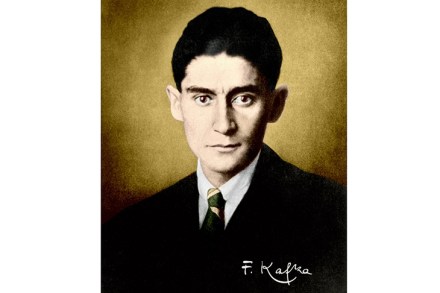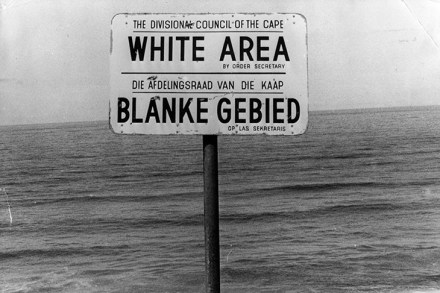Little shots of sedition
In this handsomely illustrated book Tobie Mathew makes a case for the lowly postcard’s role in the politicisation of pre-revolutionary Russia. Cheap to produce, easily transported and hidden, and conveying a simple graphic message, picture postcards were ideally suited to anti-government agitation. Too dangerous to post, these little shots of sedition were preserved and shared for years in the postcard albums that were a feature of any polite drawing-room and increasing numbers of peasant huts and workers’ barracks. Before 1905 revolutionary groups printed postcards abroad and smuggled them into the country, simultaneously spreading their message and raising funds. The Russo-Japanese war provided good material for satirical images, yet in those




















